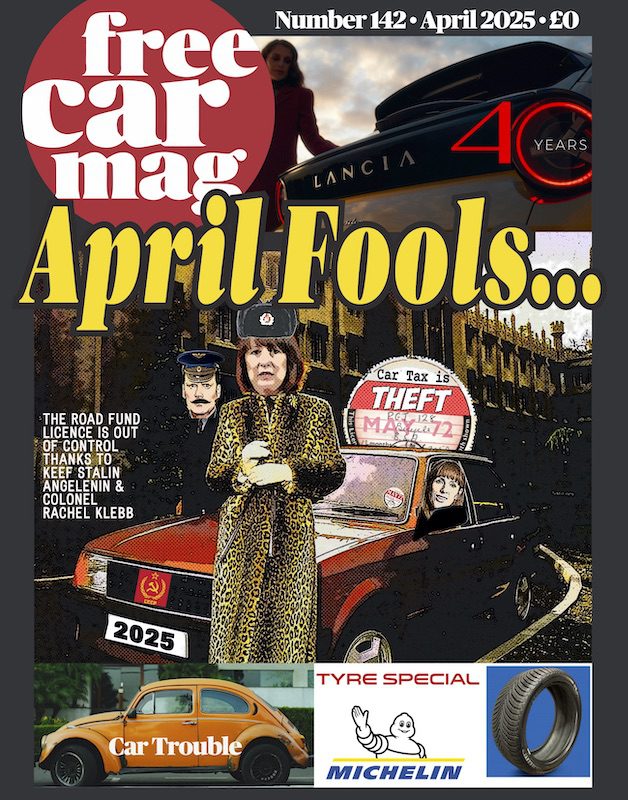Experts advise drivers across the UK to act swiftly as significant Vehicle Excise Duty (VED) changes take effect from 1 April 2025.
These updates will see electric vehicles (EVs) taxed for the first time, alongside increased charges for many traditional petrol and diesel vehicles. With only months to prepare, drivers need to assess how these changes will affect their finances.
There are clearly concerns and a need for information around these changes, with new research from GAP insurance providers, ALA Insurance, showing searches for ‘’car tax changes’ are up 53% in the last three months compared to the previous.
Key Changes to Car Tax
From April 2025, the VED exemption for EVs will end, aligning their tax liabilities with those of petrol and diesel vehicles.
-
New EVs: Cars registered on or after 1 April 2025 will pay a first-year VED rate of £10, increasing to the standard £190 annual rate in subsequent years.
-
Existing EVs: Cars registered between 1 April 2017 and 31 March 2025 will also move to the £190 annual rate, while older EVs (registered before April 2017) will be taxed at £20 per year.
-
Luxury EVs: Vehicles costing more than £40,000 will be subject to an additional £390 (STC) annual surcharge for five years following the second year of registration. This charge, previously waived for EVs, will now affect many high-end models
Other vehicles such as zero-emission vans and electric motorcycles will also lose their exemptions. Vans will pay up to £290 per year, while motorcycles will be taxed at £22 annually, depending on their size and classification.
How Drivers Can Respond
ALA Insurance emphasises that drivers have limited time to act before these changes are enforced. Proactive steps include:
-
Purchasing EVs Before April 2025: Buyers can secure current tax exemptions by registering vehicles before the deadline.
-
Budgeting for Ownership Costs: Factor in increased VED when calculating the total cost of owning new or existing vehicles, particularly for luxury EV models.
-
Securing Financial Protection: Products such as GAP (Guaranteed Asset Protection) Insurance can help cover the shortfall if a vehicle is written off, ensuring that new tax burdens do not further strain finances.
Balancing affordability with sustainability will be critical as drivers navigate these reforms.
Dawn Cranmer, from ALA’s Customer Support Team, said:
“These upcoming changes to Vehicle Excise Duty will undoubtedly add to the financial burden of vehicle ownership for many drivers, particularly those looking to make the switch to electric vehicles.
“At ALA, we believe it’s vital to help motorists navigate these challenges with confidence. By offering comprehensive GAP Insurance and other tailored products, we aim to provide customers with peace of mind. Our priority is to ensure drivers are well-prepared, informed, and supported as these tax reforms come into effect.”











